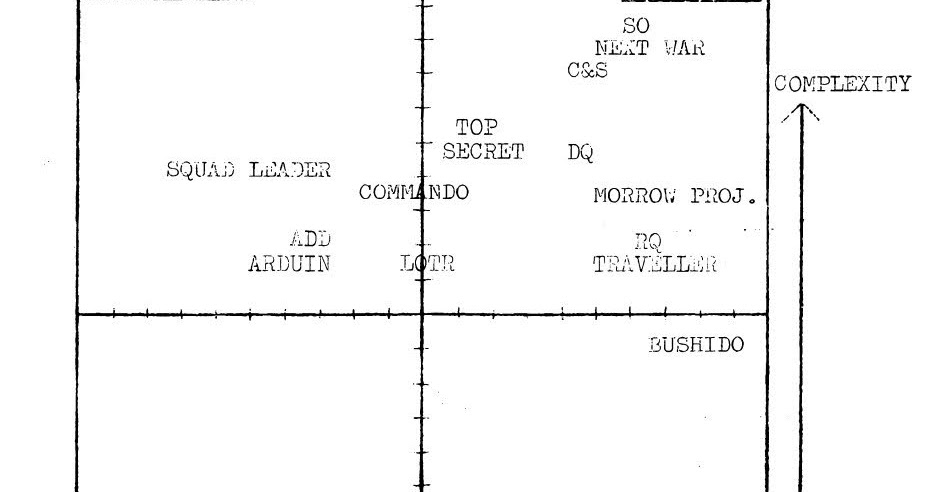First off, it would seem that the division between those claiming "RPG mechanics act as physics engines" and those claiming "RPG mechanics do not always act as physics engines" should prove beyond reasonable doubt that system matters.
(Truthfully, I would have significant doubts about an individual who claimed the contrary. Despite any sincerity and good intentions he or she exhibited, I'd probably find their playstyle to be problematic at best for what I'm looking for in RPG play.)
But thinking through the "rules as physics" thought process a bit more --- Is there value in trying to create "associative" rules that could be perceived as a form of "knowledge" within the shared fiction? Generally speaking, I'd say yes. RPG play relies on having some level of agreement about the constraints that operate as boundaries on the limits of the fiction.
But this is only one part of generating fictional positioning.
Consider the classic RPG declaration, "Rocks fall, you die." And let's say this declaration is pointed at a particular fictional character, Bob the Fighter.
At this point, what is to be considered about this declaration? What factors determine its "truthiness" or "falsiness"?
If you want to break down the "physics" of that declaration further---how heavy the rock is (as represented/abstracted in the number of d6 of damage it deals when it falls), how far it fell, whether the situation warrants such a declaration as being possible at all without supernatural interposition ("Gee, how'd those rocks get there in the first place?")---are ultimately only possible considerations around determining whether Bob is now dead or still alive. The real question is, where does the final authority lie in determining the "truthiness" of the declaration?
Obviously, Bob's player is fully capable of proposing an alternative declaration---"No, Bob isn't dead."
Once again, any "physics" applied to the evaluating this counter-declaration are only points of reference. Do the "rules as physics" say that situationally, Bob the Fighter can dodge said rock? How effectively is this dodge opportunity measured? How much harm does he avoid if he does dodge it? Is it possible that Bob's opposing strength (represented as the "physics" of oppositional force) means he can simply catch the rock and hurl it away? Can Bob's player declare an equal enforcement of supernatural interposition ("At the last second, the rock inexplicably moves 25 feet to the side and tumbles away harmlessly")?
Physics as rules are only one frame of reference for fiction state negotiation. They do not possess an inherent, naturally derived, superior position to other considerations of what should be true in the fiction.
They are merely markers, or anchors, or suggestions on who has the authority, and when to suggest what is or is not true.

 playingattheworld.blogspot.com
playingattheworld.blogspot.com





